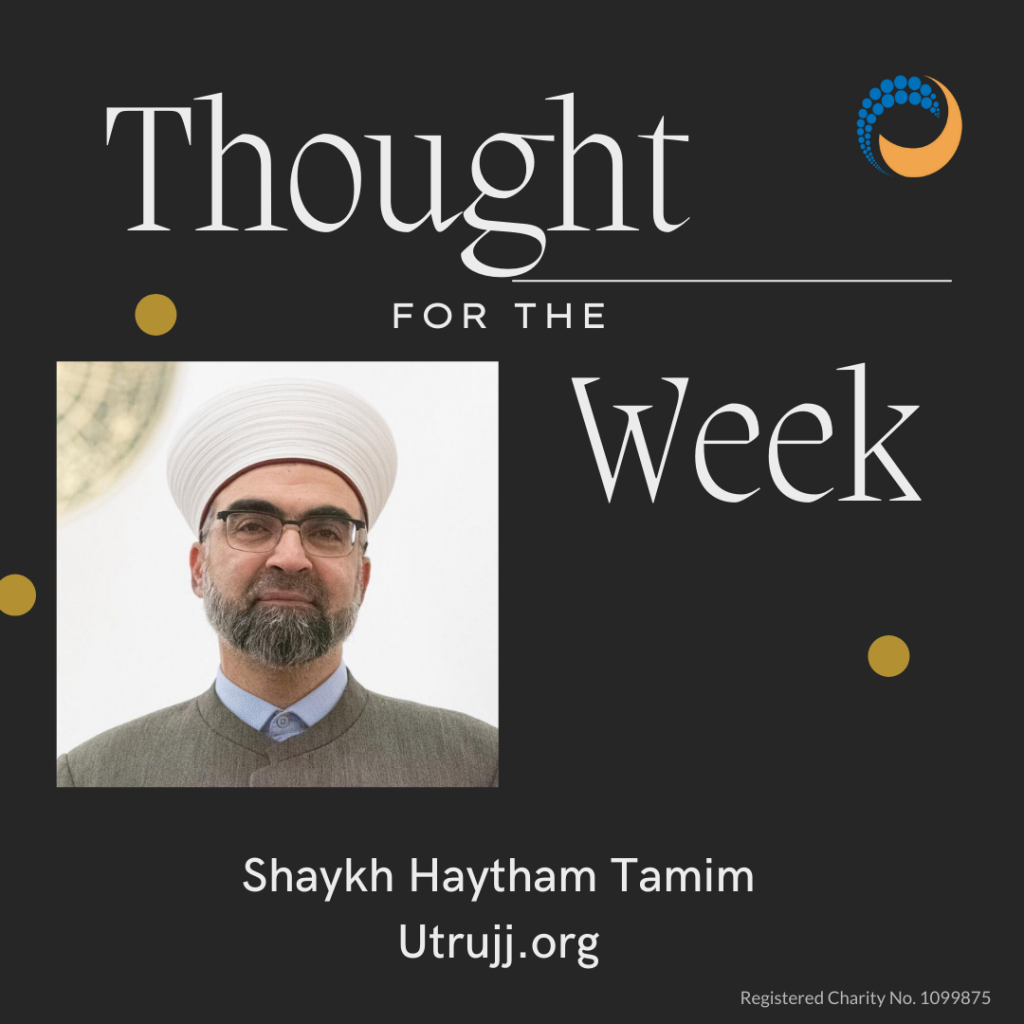Muharram, Hijrah and fight against tyranny

Continual struggle
The Prophet (peace be on him) had given dawah (invited people to Islam) tirelessly for 13 years until 610 CE, and withstood escalating torture and persecution and threats during this time. Only a very tiny minority had accepted the divine message he had brought. We do not have accurate statistics, but we estimate that only about 100 had accepted Islam.
Dead end
Though he tried his best to deliver the message, he was faced by the tyrannical opposition of the leaders of Quraysh who felt threatened by his message, so they did not hesitate to persecute him and his followers. He was tortured many times in addition to being subjected to a smear campaign. When they did not succeed in stopping him, they decided to assassinate him.
New opening
Though the Prophet (peace be on him) had hit a definitive dead end, Allah Almighty had prepared an opening for him. Madinah would be the city which would welcome Islam. Two years earlier, some people from Yathrib, (later known as Madinah) visited Makkah, and they heard his message and believed it. They accepted Islam, pledged their allegiance and returned the following year with more people who wanted to become Muslim.
In the month of Safar the next year, the Prophet (peace be on him) migrated to Madinah and after a couple of weeks, reached there on 12th Rabbi al Awwal, which is the actual date of the Hijrah, though we commemorate the Hijrah symbolically in Muharram, as it is the start of the Islamic calendar and, like migration, a new beginning.
Migration is symbolic of fighting against tyranny
Hijra is a symbol of striving and diligence in changing reality, facing challenges, no matter how great and no matter how severe, and using all legal means and methods available for change.
It is a symbol of not surrendering to injustice, oppressors, tyranny, corruption and perversion.
Symbol of reliance on God and advocating the truth
Hijra is also a symbol of being steadfast to the truth and not compromising it, even if it leads to the material loss of money, property and work. It is the symbol of a faith that is active in explaining, spreading and defending the truth and living in its shade. It is the symbol for searching for alternatives if roads are blocked – a symbol of the power derived from God Almighty, sincerely turning to Him and relying on Him, mindful of the fact that He does enable small groups to defeat much larger groups.
Hijra is a test to distinguish the honest, obedient and trustworthy. It is a symbol of sacrificing the world for the sake of the hereafter and religion.
Hijra is the continuous renewal of fighting tyranny, which we need to revive every day of our lives. When the Prophet (peace be on him) was asked what the definition of a migrant is, he said it is the one who abandons what Allah hates and what he has forbidden.
Abdullah Ibn Umar narrated that the Prophet (peace be upon him) said:
“The Muhajir (emigrant) is the one who abandons what Allah has forbidden” (Bukhari and Muslim)
Hijrah is therefore not just an external movement, but an internal shift away from sin, to become closer to Allah.
Re-prioritise your priorities
Make your priority pleasing Allah.
Let’s revive the fight against tyranny and oppression and be a support to those who are oppressed in the best way we can. We need to keep ourselves attached to Allah, to the principles taught us by the Prophet (peace be on him) and the akhirah.
Even if you are weak, Allah will support you with His power. The stronger your connection with Allah, the more support you will feel from the Almighty, which will keep you going. How strong is your imaan?
Hijrah is not about one day, it is about connecting with Allah in our life every day.
May Allah Almighty make us those who are people of Hijrah.
The reward of fasting in Muharram
In the early years of Islam, while in Madinah, the Prophet (peace be upon him) observed the Jewish community fasting on the 10th of Muharram. This day was significant for the Jews as it commemorated the day when Allah saved Musa (peace be on him) from Firaun. This day is described in the Qurah:
“Then We inspired to Moses, “Strike with your staff the sea,” and it parted, and each portion was like a great towering mountain. And We advanced thereto the pursuers. And We saved Moses and those with him, all together. Then We drowned the others. Indeed in that is a sign, but most of them were not to be believers. And indeed, your Lord – He is the Exalted in Might, the Merciful.” (Surah Ash Shu’arah, 63-68)
Ibn Abbas (may Allah be pleased with him) narrated:
When the Prophet came to Madinah, he found the Jews fasting on the day of Ashura. He asked, ‘What is this?’ They said, ‘This is a righteous day. It is the day when Allah saved the Children of Israel from their enemies, so Musa fasted on this day.’ He said, ‘We have more right to Musa than you,’ so he fasted on that day and commanded [the Muslims] to fast on that day. (Bukhari)
Over time, as the Prophet (peace be upon him) sought to establish a distinct Islamic identity, he moved away from practices that were solely identified with Jewish traditions. This change is evidenced by his later instruction to also fast on the 9th of Muharram to differ from the Jewish practice of fasting only on the 10th.
Ibn Abbas (may Allah be pleased with him) narrated:
When the Messenger of Allah fasted on Ashura and commanded the Muslims to fast as well, they said, ‘O Messenger of Allah, it is a day that the Jews and Christians venerate.’ The Messenger of Allah said, ‘If I live to see the next year, insha’Allah, we will fast on the ninth day too.’ But it so happened that the Messenger of Allah passed away before the next year came.” (Muslim)
The intention to fast on the 9th and 10th of Muharram illustrates the Prophet’s (peace be upon him) effort to distinguish Islamic practices from those of other communities. This is consistent with his broader efforts to define a unique identity for the Muslim community, distinct from both the polytheistic practices of the Arabs and the practices of the People of the Book (Jews and Christians).
Abdullah ibn Abbas (may Allah be pleased with him) reported that the Messenger of Allah (peace be upon him) said:
Fast the day of Ashura. Don’t follow the Jews; fast one day before it or one day after it. (Ahmad, and Ibn Khuzaymah)
The reward for fasting on 9th and 10th Muharram or 10th and 11th Muharram
The Messenger of Allah (peace and blessings of Allah be upon him) said:
The best of fasting after Ramadan is fasting Allah’s month of Muharram. (Muslim)
Ibn ‘Abbas (may Allah be pleased with them both) said:
“I never saw the Messenger of Allah (peace and blessings of Allah be upon him) so keen to fast any day and give it priority over any other than this day, the day of ‘Ashura’, and this month, meaning Ramadan.” (Bukhari)
The Prophet (peace and blessings be upon him) said:
“Fasting the day of ‘Arafah I hope Allah will expiate thereby for the year before it and the year after it, and fasting the day of ‘Ashura I hope Allah will expiate thereby for the year that came before it.” (Muslim)
Khutbah delivered on 5th August 2022

Recommended Posts

The truth is more powerful than lies
July 26, 2024

Global IT outage. When systems go down…
July 19, 2024

